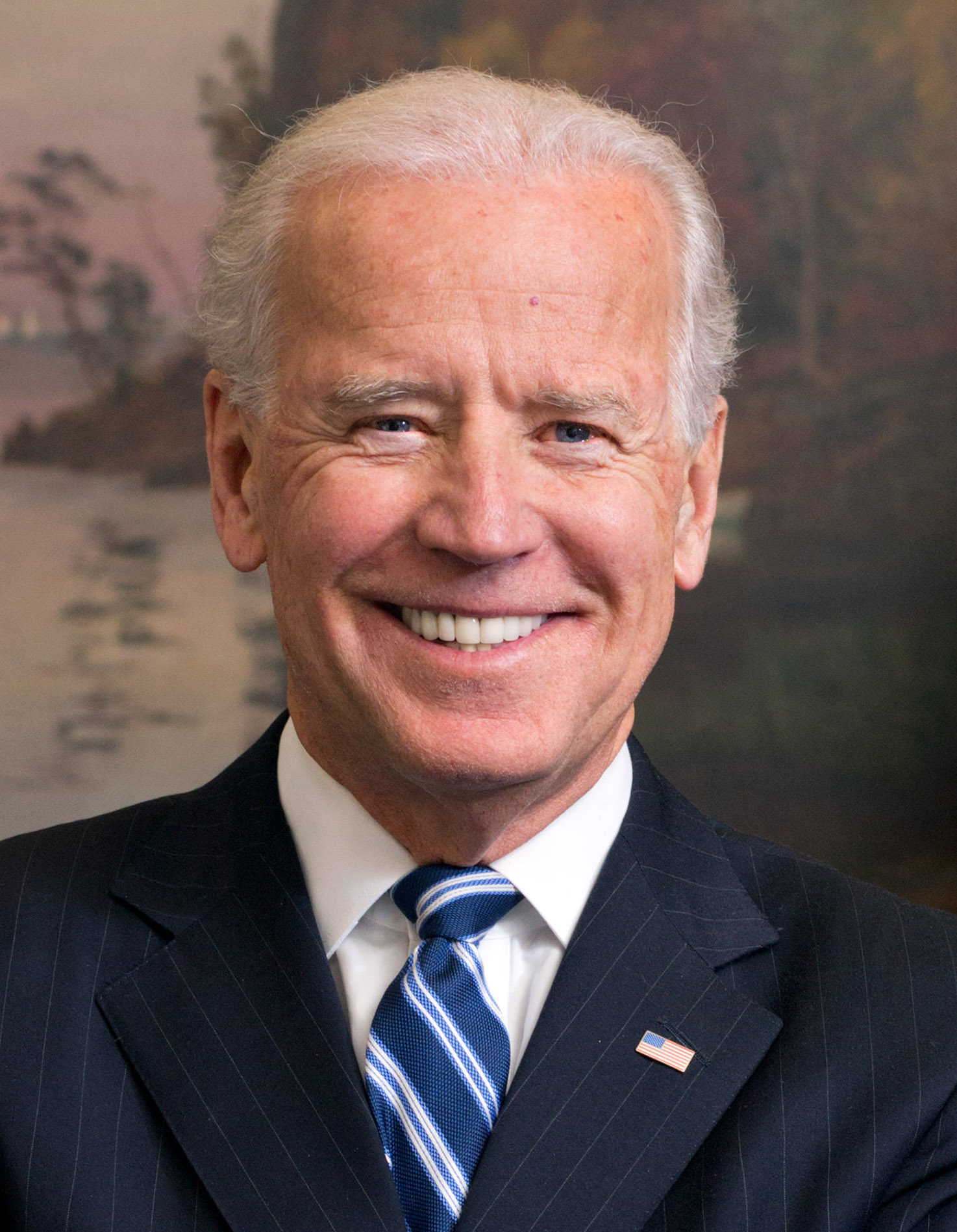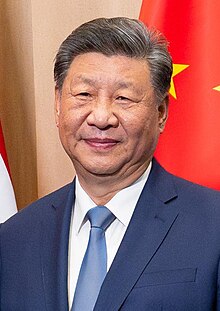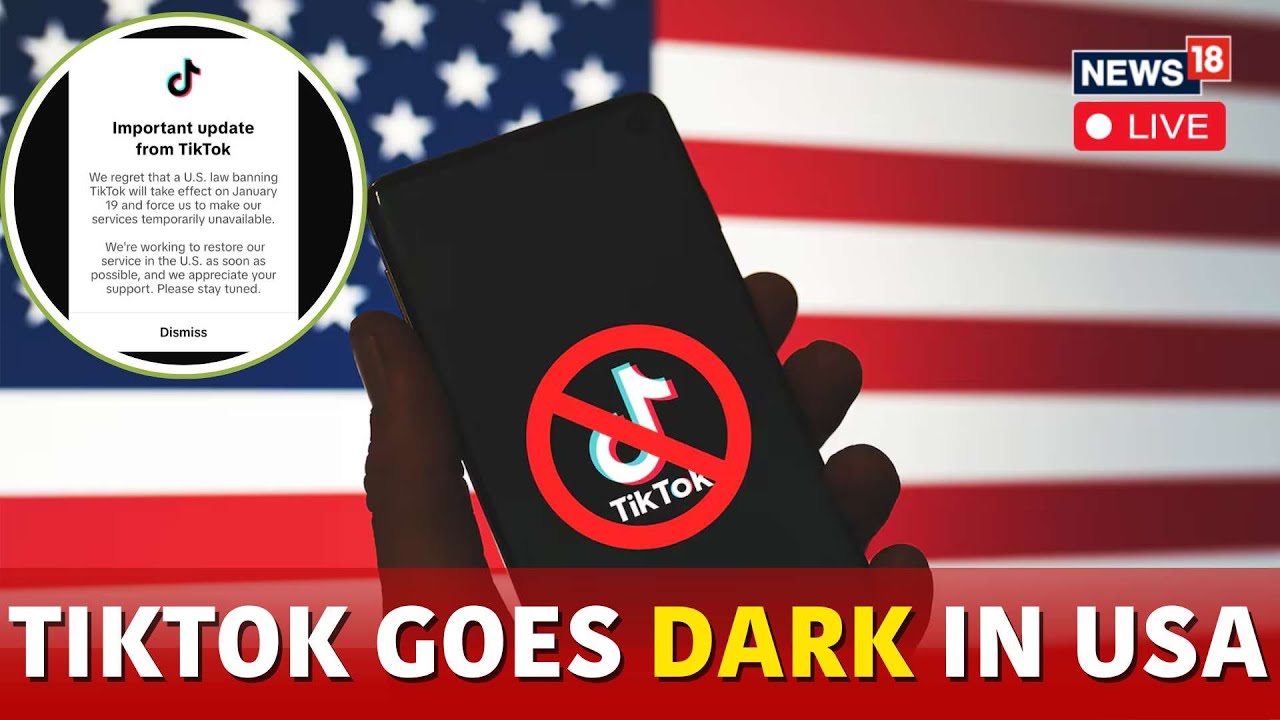- The U.S. Supreme Court upheld a law mandating TikTok's parent company ByteDance to divest its U.S. operations due to national security concerns, or face a ban. Investopedia
- The ban prohibits companies like Apple and Google from hosting TikTok on their platforms, effectively preventing U.S. users from accessing the app. Wired
- President-elect Donald Trump announced plans to issue an executive order extending the deadline to explore solutions that ensure national security while keeping TikTok operational in the U.S. Pitchfork
- The legislation cites concerns about TikTok's data collection practices and potential ties to the Chinese government, with bipartisan support for the ban in Congress. The Times
- Many TikTok users expressed frustration and grief over the ban, with some noting that VPNs failed to bypass the restrictions due to account-based limitations. New York Post
Supporters of the ban argue that TikTok poses a significant national security threat due to its ownership by the Chinese company ByteDance. They emphasize the potential for Chinese government interference and access to the personal data of U.S. users, which could be used for espionage or information manipulation. This perspective frames the ban as a necessary step to protect U.S. citizens and infrastructure from foreign adversaries.
Critics contend that the ban violates the First Amendment rights of TikTok's 170 million U.S. users, as well as the company's economic rights. They argue that the legislation and court ruling represent an overreach by the government, undermining free expression and innovation in the tech sector. This perspective highlights concerns about setting a precedent for government censorship and targeting specific companies without concrete evidence of wrongdoing.
Some interpret the ban as a strategic maneuver in the broader context of U.S.-China relations, aiming to curb China's influence in global technology markets. They see the divestiture requirement as part of a competitive strategy to boost U.S.-based companies and regain control over data governance. This perspective underscores the geopolitical stakes and economic motivations behind the legislative actions, framing the issue as part of a larger power struggle between the two nations.
Details
Analysis
Bias

Reactions
The article emphasizes how the U.S. has taken measures to suppress Chinese companies and highlights criticism of these actions, such as describing them as 'unconstitutional' or 'vindictive,' with references to Donald Trump's prior 'provocative' efforts.
Read full article
The article highlights U.S. efforts to undermine Chinese technological advancements and portrays these actions as protectionist and detrimental to global technological exchange.
Read full article
The article underscores the political nature of the ban and frames it as a continuation of Donald Trump's aggressive stance against Chinese technology, portraying U.S. policies as intrusive.
Read full article
The article highlights the political undertones of the ban, mentioning its similarities to India's TikTok ban and emphasizing concerns about perceived U.S. overreach.
Read full article
Negative
Sentiment
The article primarily reports the sequence of events and legislation leading to the ban and avoids overt judgment, providing balanced coverage.
Read full article
The article provides detailed information about TikTok's availability through browsers while avoiding value judgments about the ban itself or U.S. policy.
Read full article
The article balances the discussion by presenting arguments from U.S. lawmakers and experts, as well as ByteDance’s perspective, without significant bias.
Read full article
The article describes the court's rationale and ByteDance's response, maintaining an impartial tone throughout.
Read full article
Neutral
Sentiment
Positive
Sentiment






